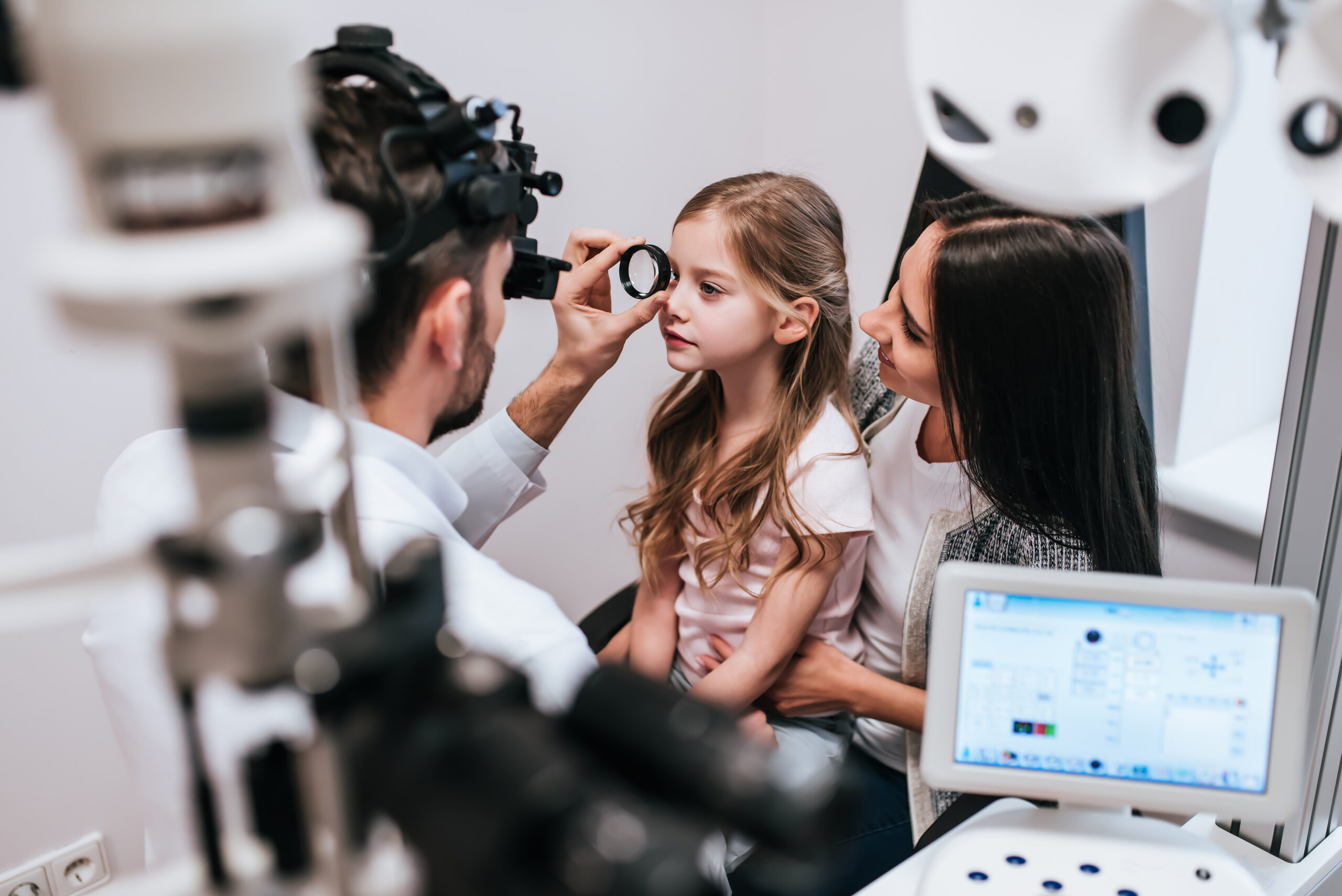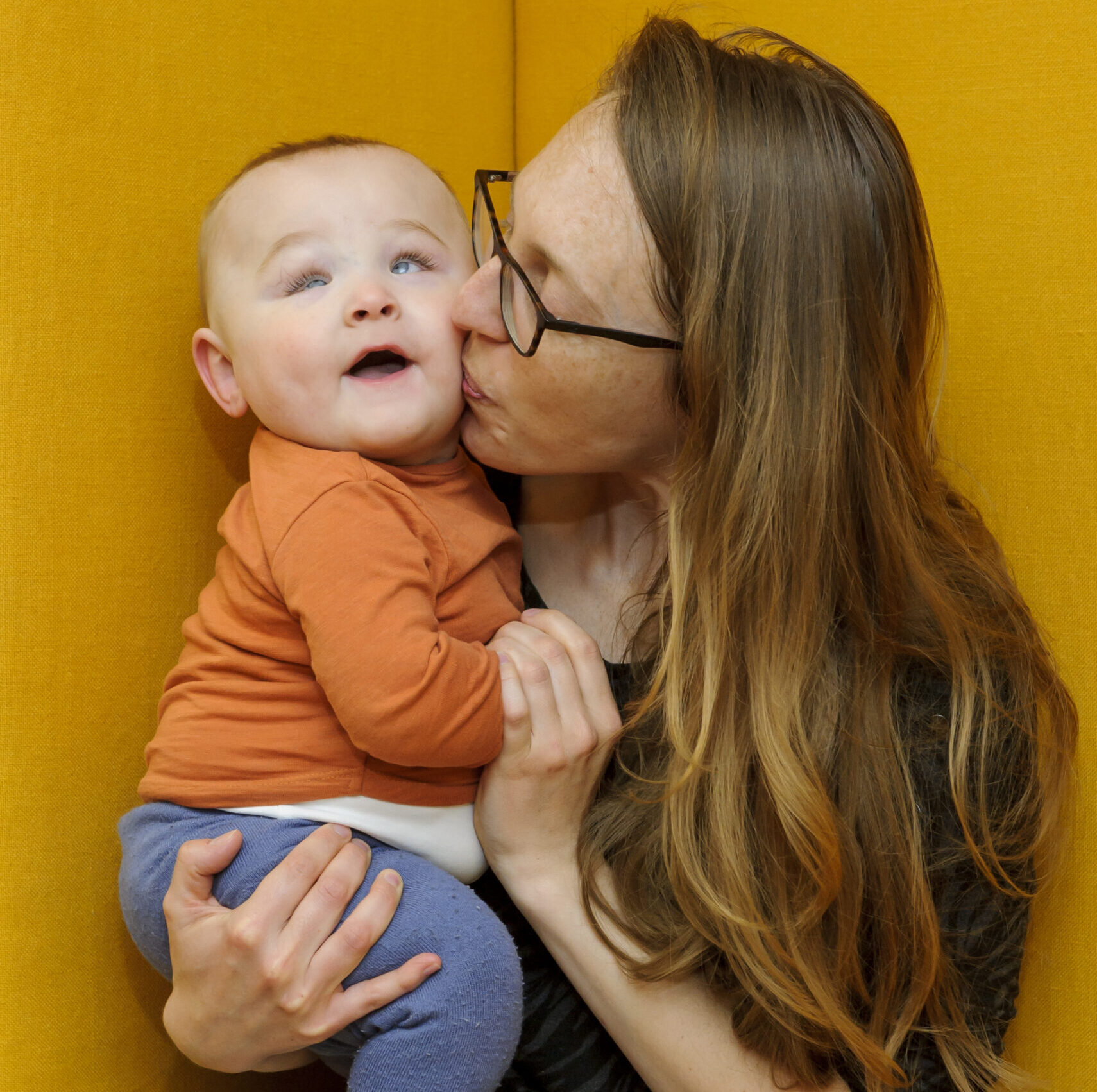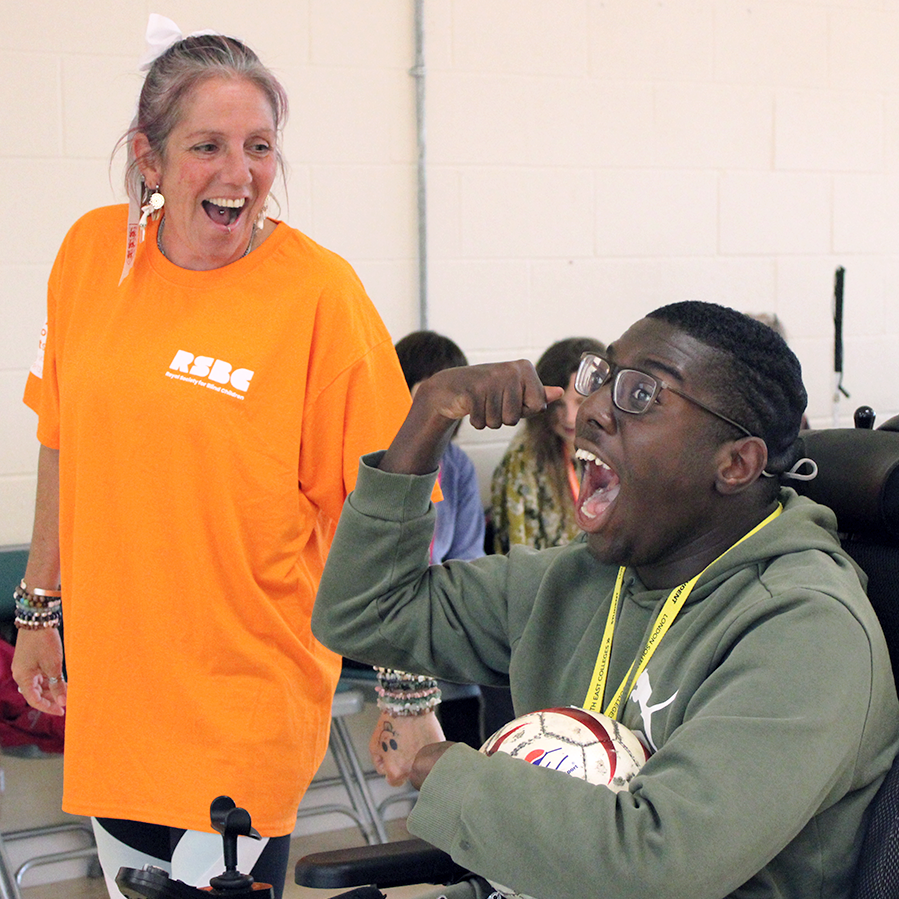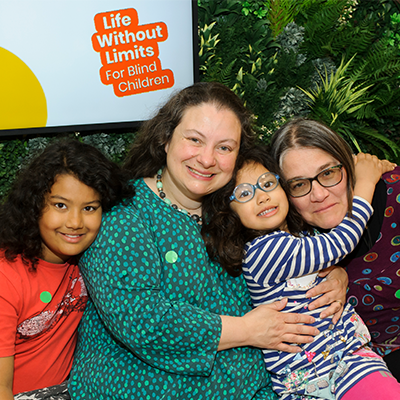Youth Mental Health: 5 Tips for wellbeing
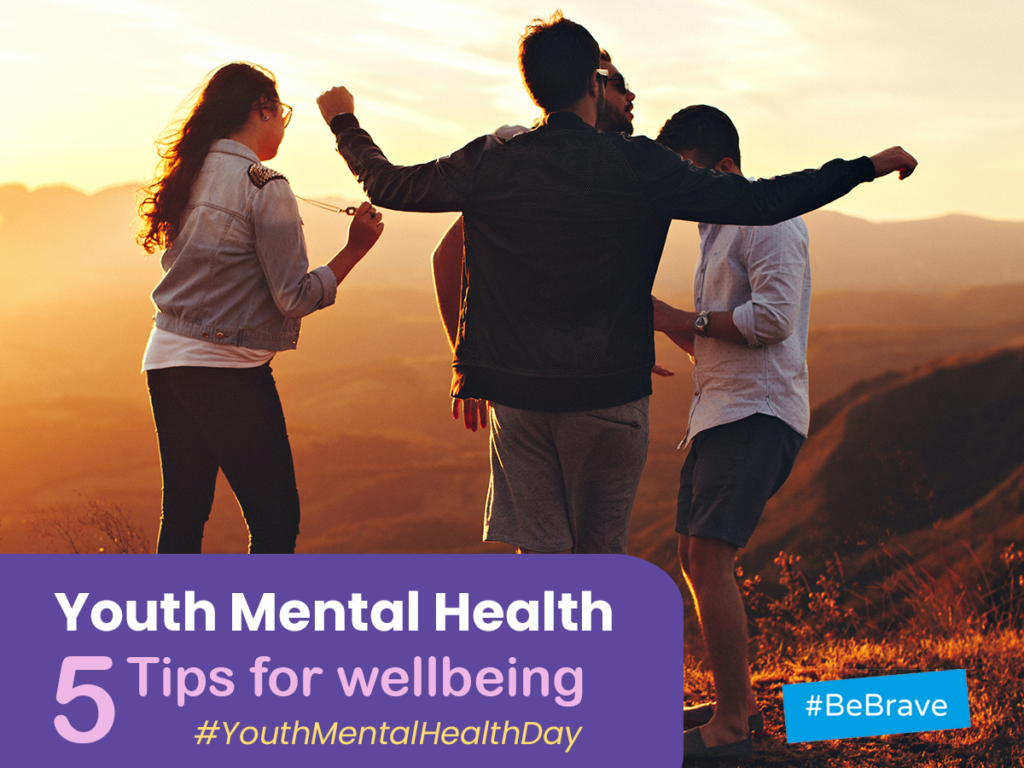
What is Youth Mental Health Day?
Youth Mental Health Day (YMHD) encourages understanding, discussion and awareness of mental health in young people and highlights the importance of intervention in teenage mental health issues.
Being a teenager can be tough. Many teenagers will experience problems with their mental health with four in ten young people reporting that they experience difficulties such as anxiety and low mood.
Challenges faced by blind and partially sighted young people
Being a blind or partially sighted teenager can be even harder. Research by the RSBC found that those with vision impairment were more than twice as likely to have experienced difficulties with unhappiness or depression than the UK average. One of the main challenges faced by this group of young people is social isolation. They may find it difficult to meet up with friends and take part in many of the social activities and hobbies that their sighted peers can easily access. This then leaves them with feelings of loneliness and isolation with over half of young people with sight loss reporting that they feel left out, all or most of the time.
5 tips for well-being by Jody, RSBC Family Practitioner
Our Family Practitioners work with many young people who are struggling with their vision impairment as well as experiencing mental health issues, low self-esteem, and feelings of social isolation. We work with teenagers and support them to improve their mental health and emotional well-being.
Here are 5 tips that our Family Practitioner finds helpful to aid good mental health:
1. Give young people a confidential space to talk and explore their feelings in a safe and non-judgemental environment.
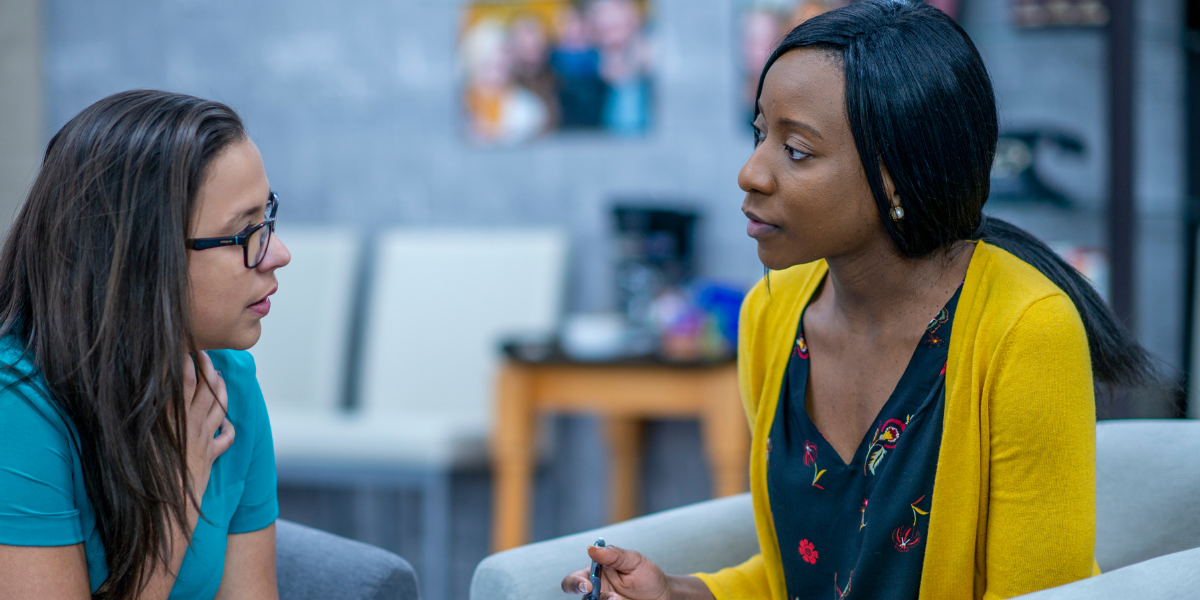
It’s important that young people feel that they can talk openly about their feelings and that we respect their emotions and respond with active listening and empathy. This helps build up trust in the relationship and enables the young person to talk openly and honestly.
2. Help them to identify their needs and accept the difficult or challenging feelings that they are experiencing.
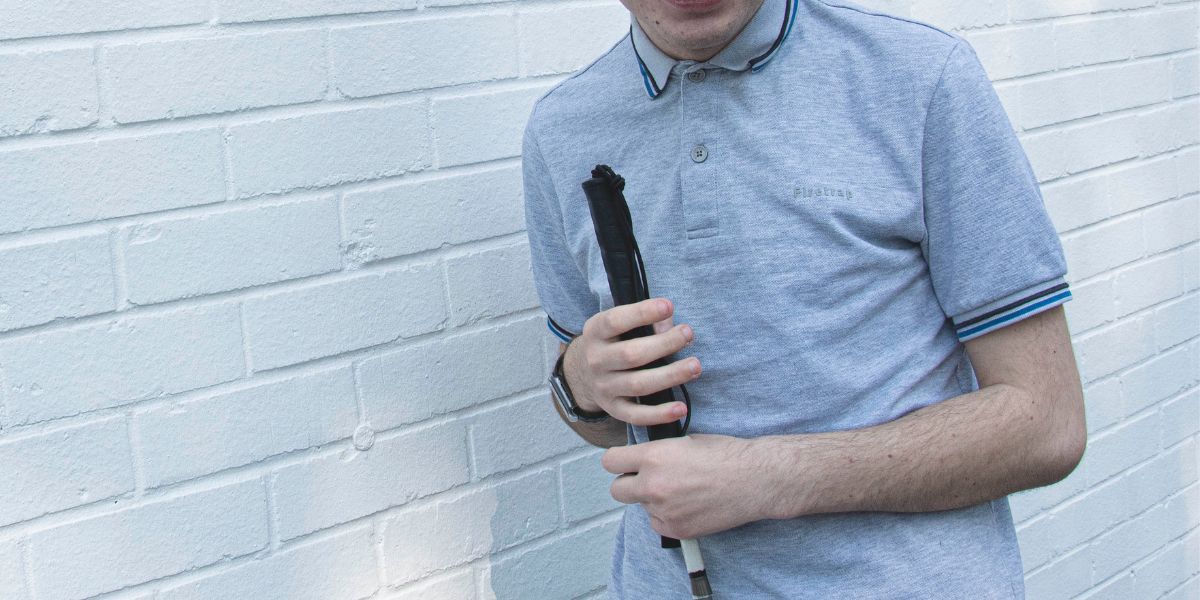
One way is to help them explore what they are finding difficult but also acknowledge that the challenges they are they are experiencing are normal and to be expected. It’s important to validate their feelings and give them permission to feel angry, sad or any other feelings they are experiencing.
3. Help them to build on their self-esteem, resilience, and confidence.
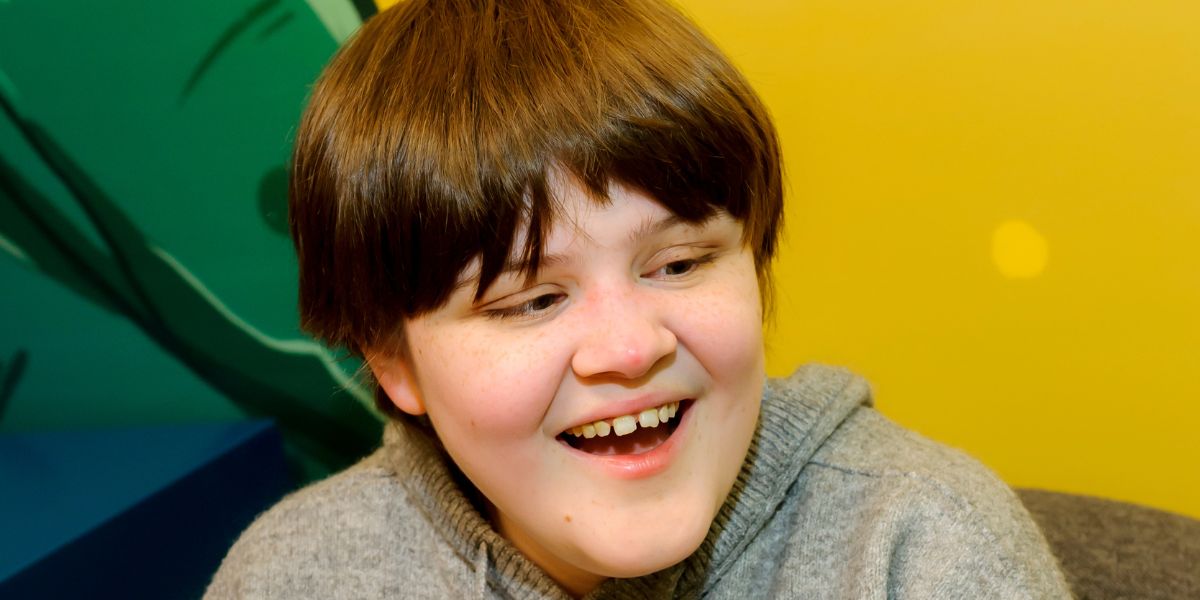
This can be done by helping them challenge their negative thoughts and think about how they have dealt with difficult situations in the past. We explore what skills they have used before and how these skills can help them deal with the ongoing challenges they face. It’s also important that we help them acknowledge how strong they are and celebrate the things they are really good at too.
4. Work to help them identify coping strategies for the ongoing challenges that they face and give them the tools they need to put these strategies into practice.
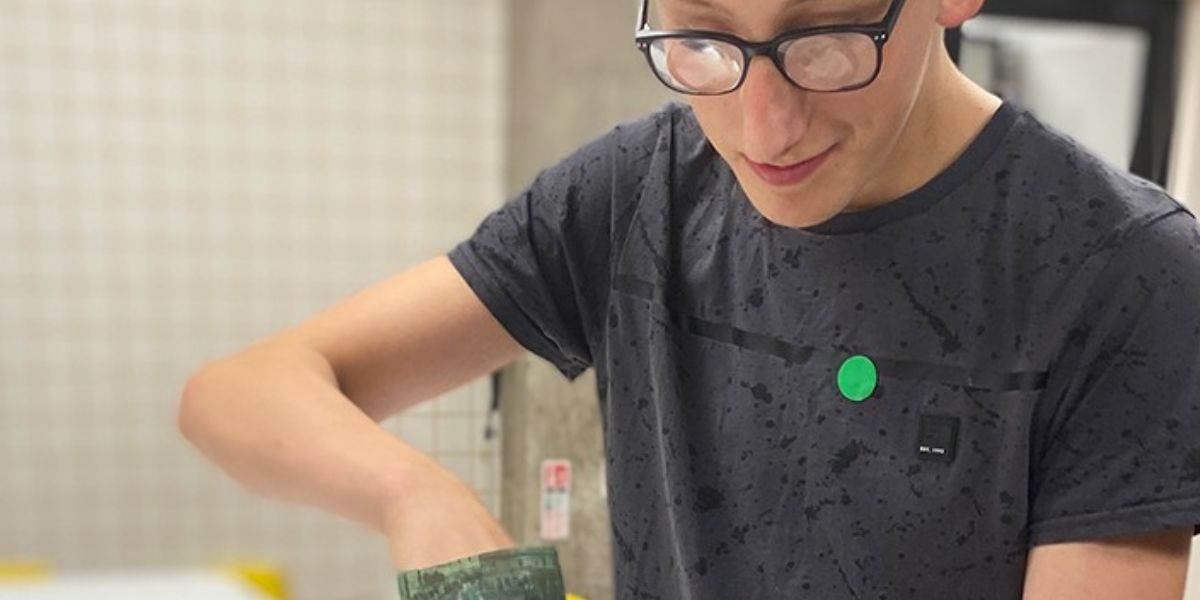
For instance, we can ask them to reflect on coping strategies and skills they’ve previously employed to navigate challenging situations. Then, engage in a discussion about adapting these strategies to the new situations they encounter. We can help them problem solve and think about what skills and tools that they have and show them how they can use them in different situations.
5. Encourage them to be #BeBrave. Help to give them the confidence to push themselves to try something new.
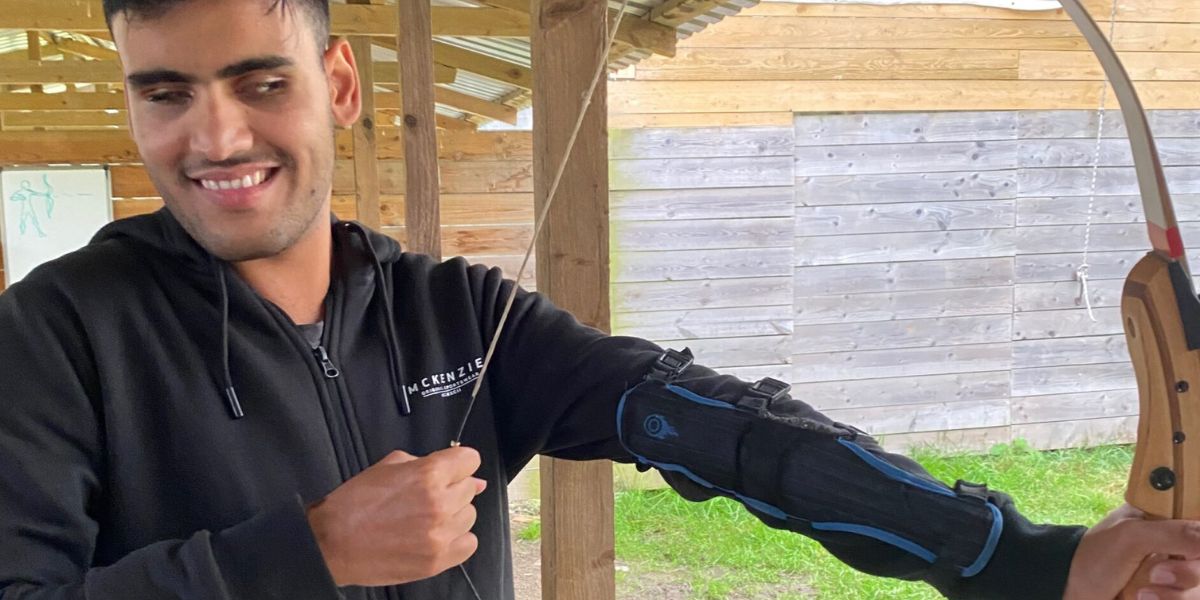
This could be by encouraging them to try different activities that might initially push them out of their comfort zone – but that they might love! Many young people with a vision impairment struggle with team sports and ball games, but they could be brilliant at sports such as swimming and climbing – they just need to give it a go. Encouraging young people to take part in physical activities can also play a key role in helping them manage their mental health.
Besides, they might also find meeting other blind and partially sighted teenagers really helpful and meeting online might feel more manageable initially. Once they feel more confident, they might feel brave enough to meet people face-to-face.
You may also like
![Hannah, an RSBC volunteer. She is standing in a lush green field with trees and grass all around her. The sky is a summery bright blue with just a few white clouds. She is smiling wearing a white tube top, denim dungarees and a necklace with a black neck chain and white circle jewel piece.]](https://www.rsbc.org.uk/wp-content/uploads/2025/05/Hannahs-volunteer-story-FBLI-e1748622370356.png)
No categories June 2, 2025
Hannah’s volunteer story
We’re proud to have so many, dedicated, passionate and skilled volunteers who make an incredible contribution to RSBC. They’re vital to the work we do, and without them we couldn’t deliver the breadth of services we currently provide. From helping out at events and trips to supporting us in our day-to-day operations, they help our […]
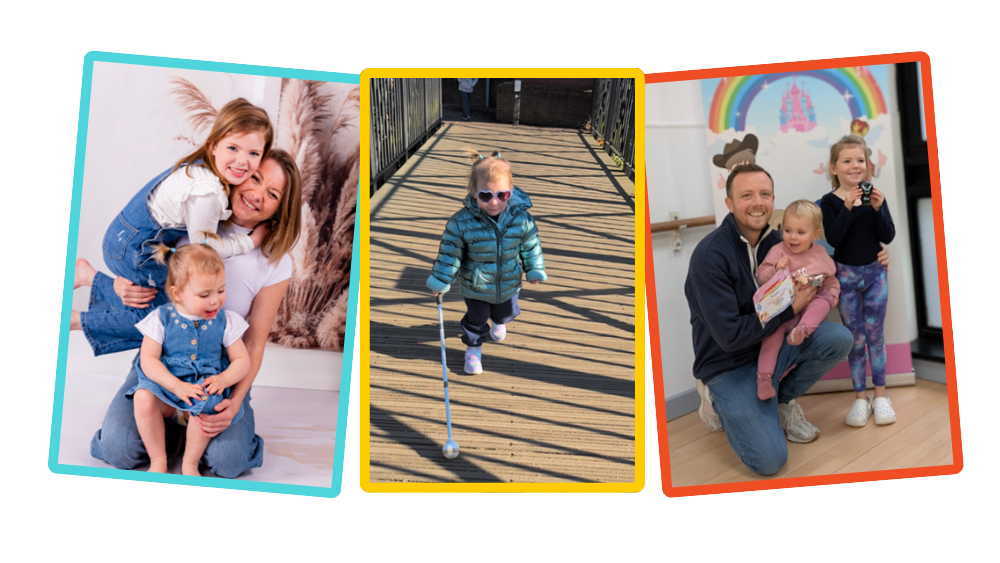
No categories May 23, 2025
Elodie and Belle’s Story
Jessica and Tim have built a loving home in Kent, where they’re raising their two daughters, Belle, 6, and Elodie, 2. Their journey as parents has been filled with joy, but it’s also brought unexpected challenges – particularly when Elodie was born with a severe vision impairment. Despite the uncertainty and emotional toll, Elodie has […]
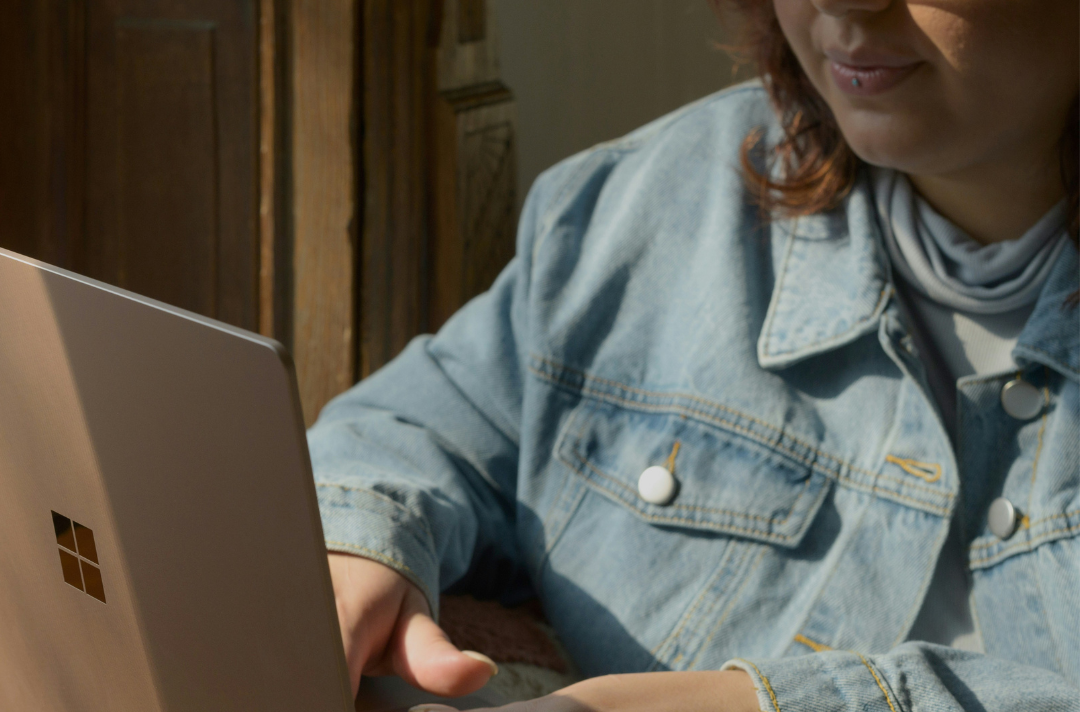
No categories May 15, 2025
National Children’s Day: why it can be harder for VI children to flourish
Sunday 18th May is a day dedicated to children. National Children’s Day – 24 hours of celebration – is focused on the importance of a healthy childhood, and protecting the rights and freedoms of young people so that they can thrive.

No categories May 14, 2025
A life without limits: my journey back to RSBC
Dr Tom Pey, Honorary President of RSBC, is the founder of Waymap, the world’s most accurate indoor and outdoor navigation system. This Global Accessibility Day, he talks about his long standing relationship with our charity, and how with Waymap’s step-based location technology he plans to make every city in the world more accessible.
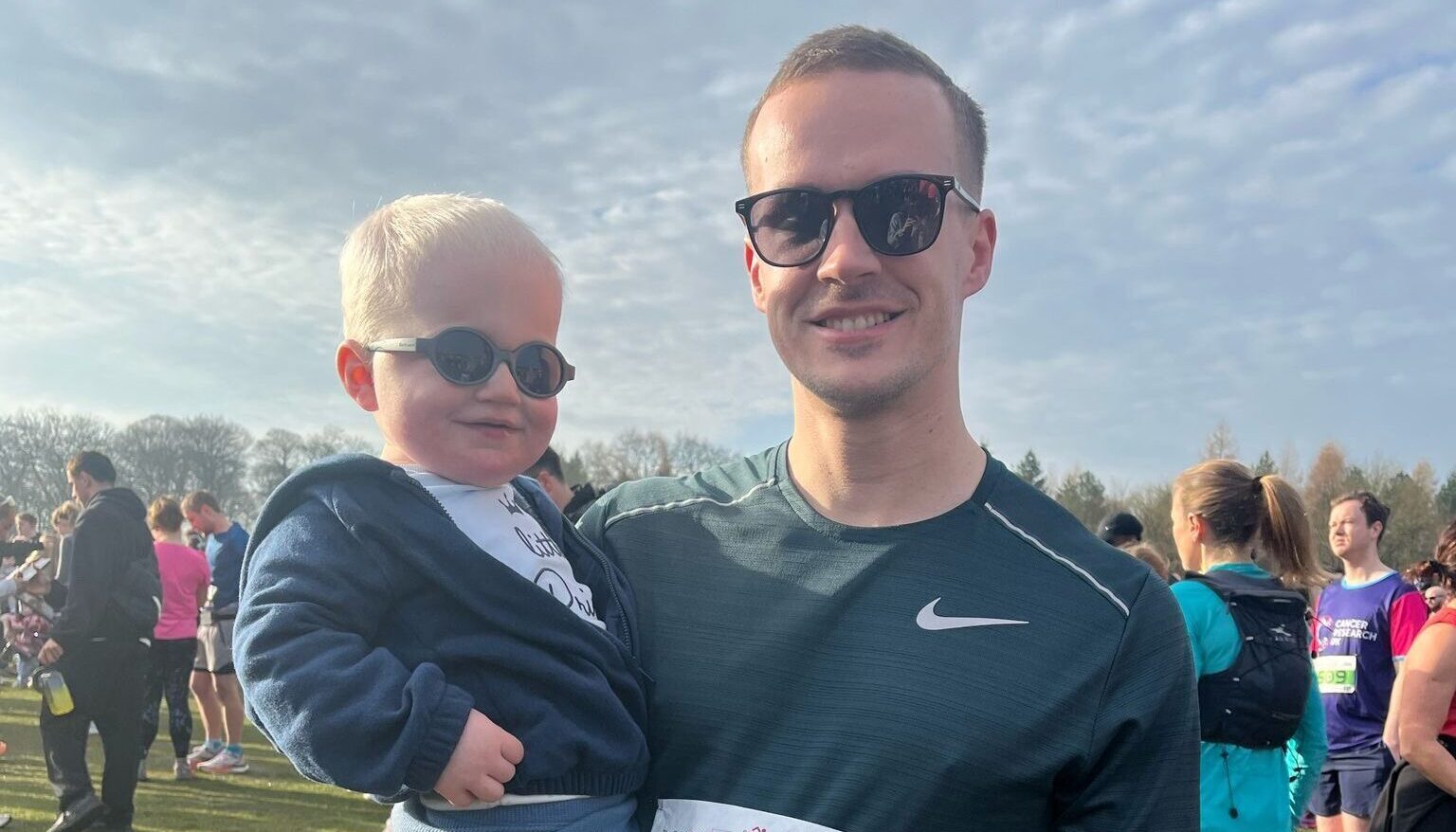
No categories May 8, 2025
Nathan’s story: running for Alfie
Nathan’s taking on three running challenges to fundraise for RSBC – the Tatton 10k, the Manchester Half Marathon, and the Chester Marathon. Nathan and his wife, Jessica, have a son, Alfie, who was born with albinism. It’s a genetic condition which causes a lack of pigment and, like many people with albinism, Alfie has difficulties […]
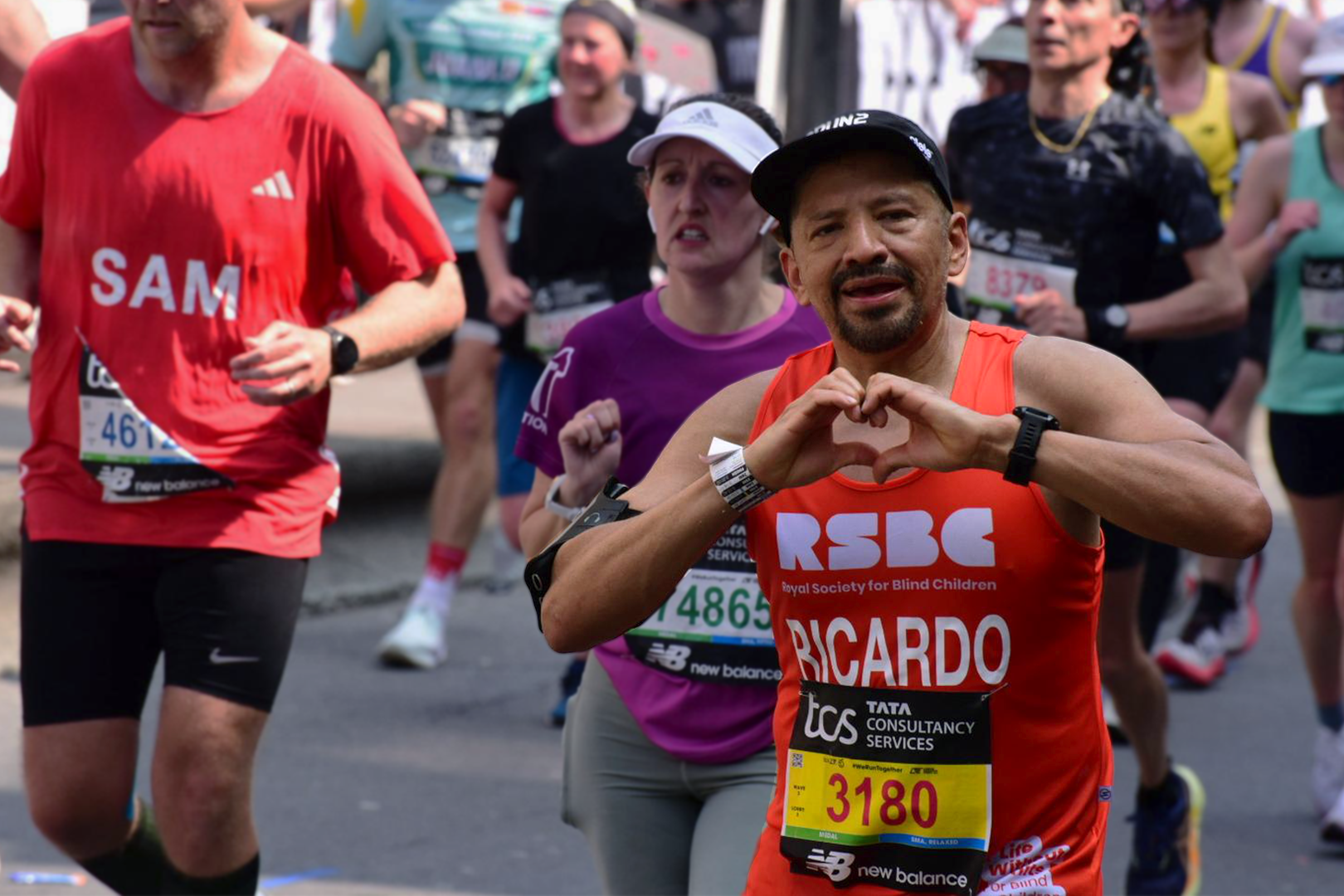
No categories April 30, 2025
A marathon to remember!
The London Marathon 2025 saw 56,000 runners take to the streets of London to challenge themselves and raise money for a huge range of good causes. And amongst the thousands who took part were 68 athletes who were supporting RSBC.
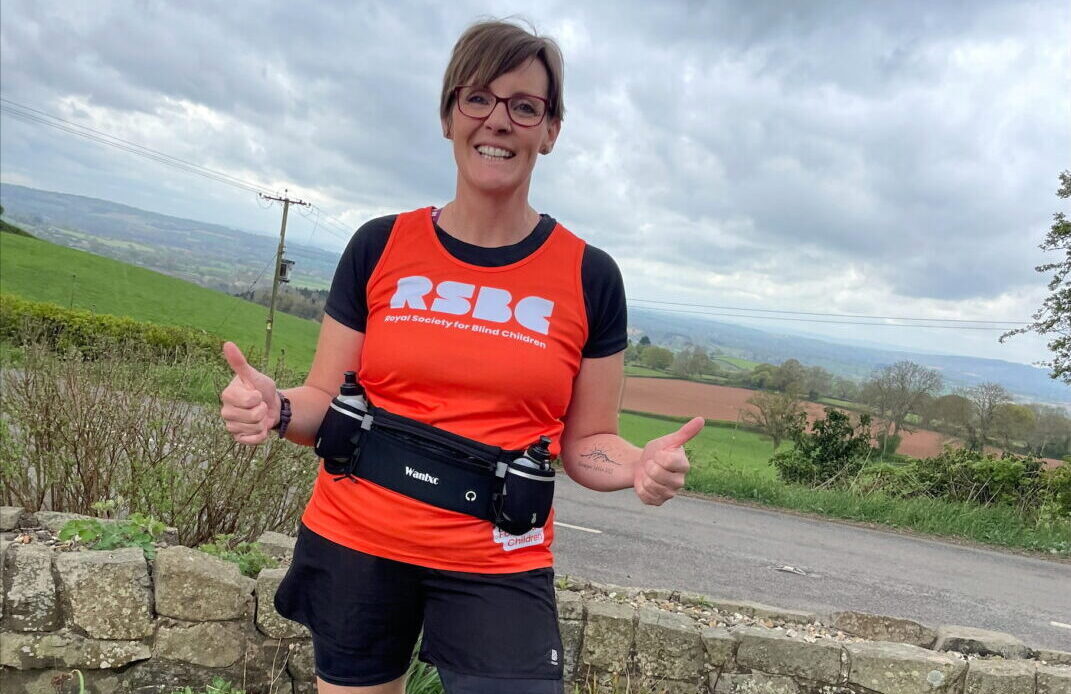
No categories April 22, 2025
Running for Sharn and Maya
With the London Marathon fast approaching, we spoke to runner Hannah to find out why she wanted to raise funds for RSBC.
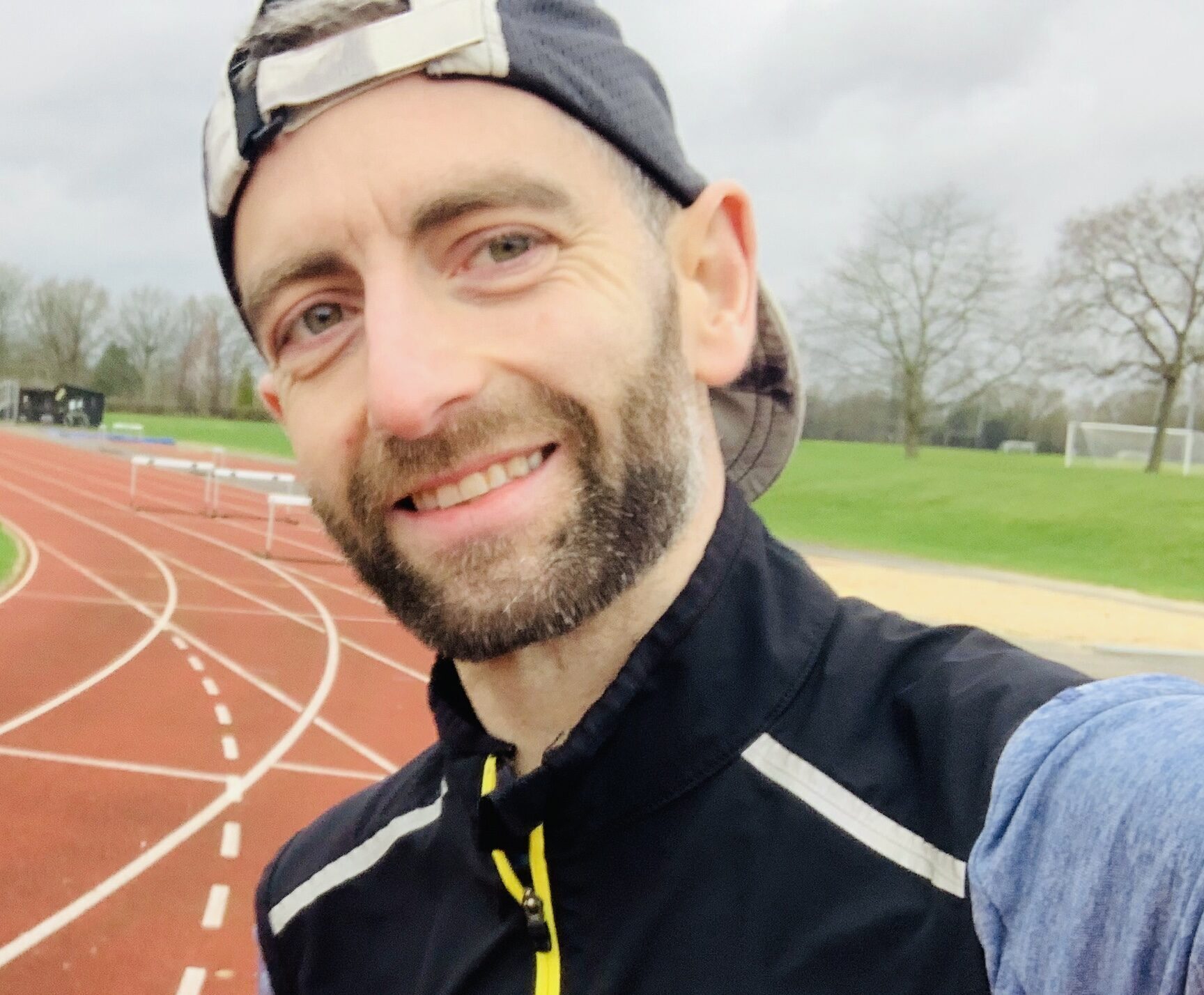
No categories April 14, 2025
Nick’s path to the London Marathon
This April, Nick will be running the London Marathon for RSBC. We sat down with him to find out why he wanted to run for us, and learn a little bit more about his journey so far.
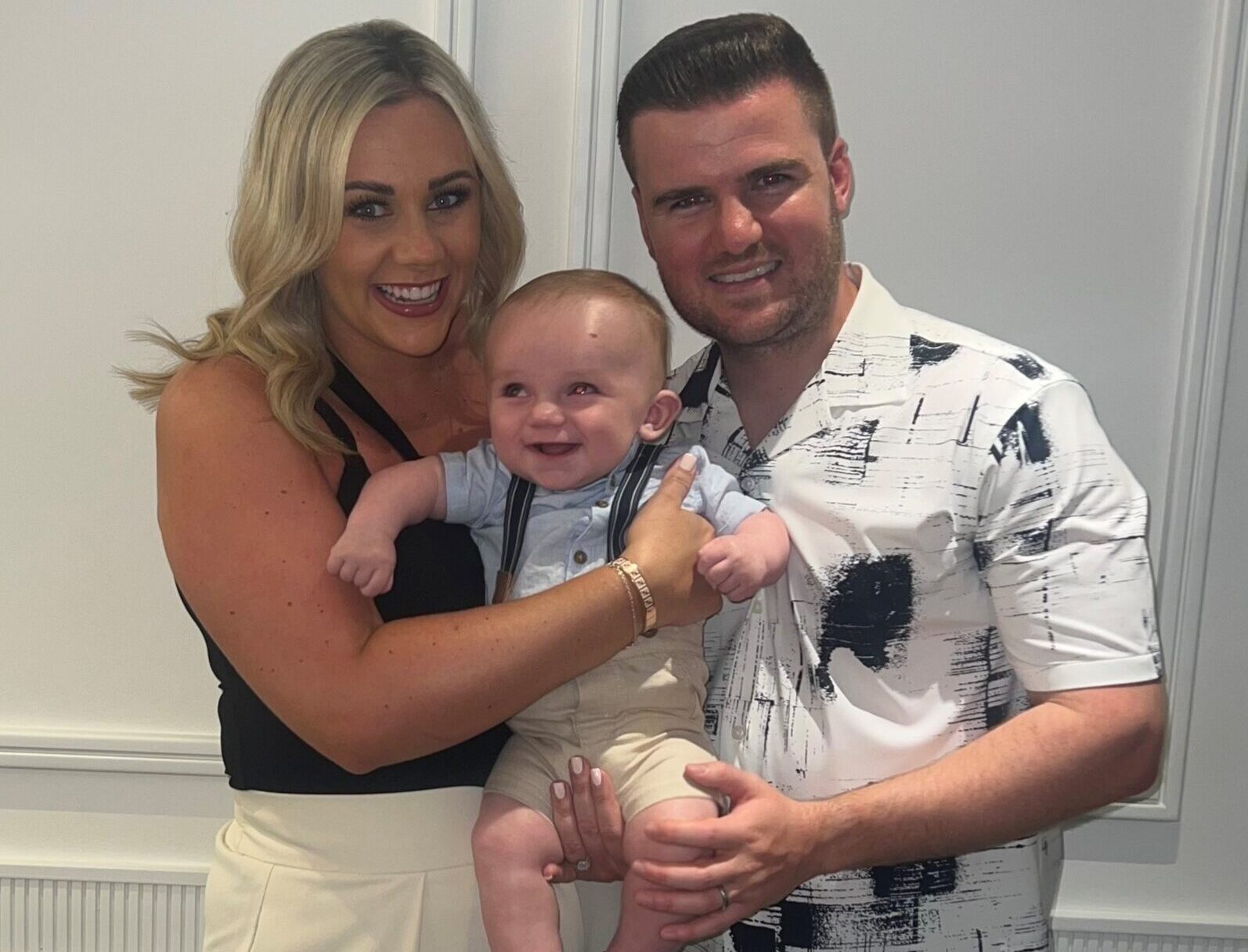
No categories April 9, 2025
Running for Albie
Albie was born with severe sight impairment, having been diagnosed when he was 4 months old. His mum and dad, Abbie and Lewis, are both running the 2025 London Marathon to raise funds for RSBC – the first time that two parents of a child supported by the charity have run together at this famous […]
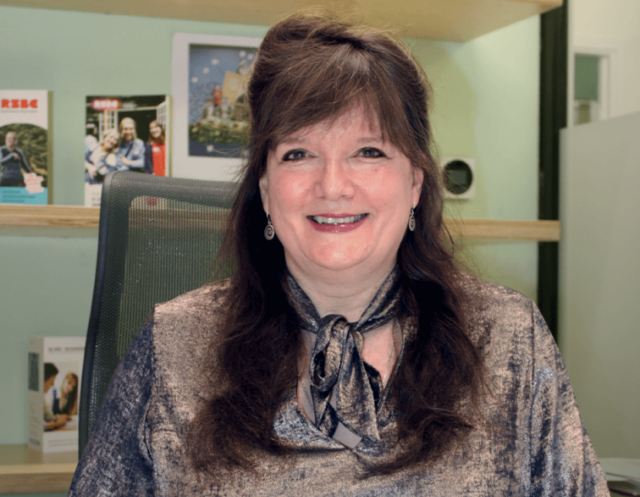
No categories March 28, 2025
Mother’s Day: our CEO shares her story
Happy Mother’s Day to everyone celebrating! In recognition of this special day, we sat down with our CEO, Julie, to hear about her relationship with her daughter, Saime, who is registered blind.
